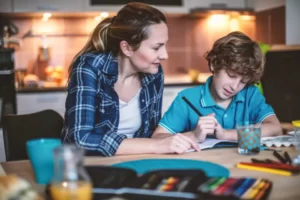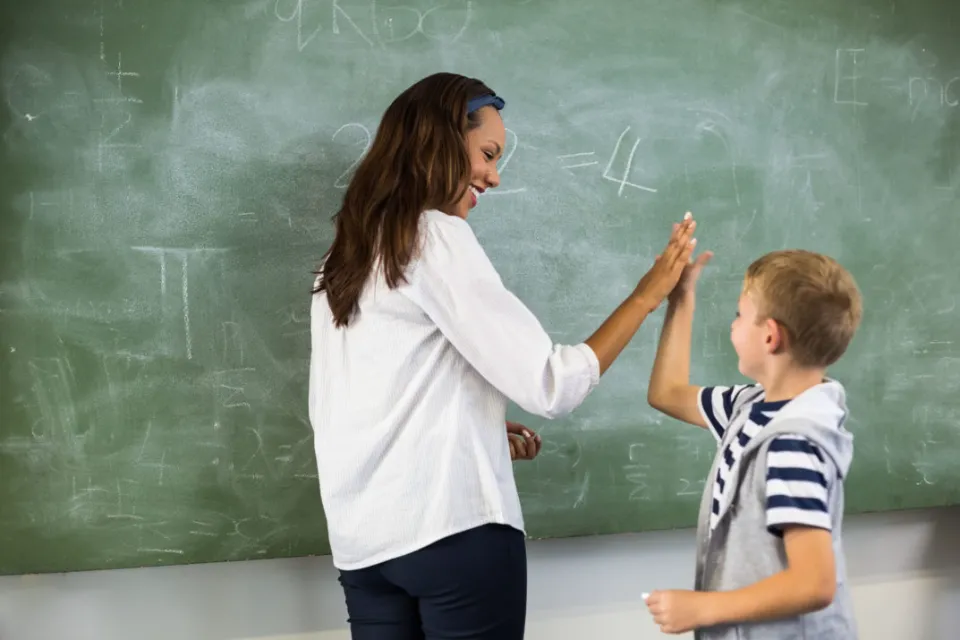
How Can Teachers Help Students Be Successful? 10 Strategies
I’ve outlined the top ten strategies educators can use to support students’ success both inside and outside the classroom.
The success of the students should come first for teachers. Success for some students may consist of earning a good grade. Others may experience increased participation in the classroom. Regardless of how they define success, you can assist each of your students in realizing their full potential.
This blog explores ten strategies teachers can use to help students be successful all academic year long.
Lead by Example
Children understand that deeds speak louder than words. Kids revealed that when adults in their lives model prosocial behavior, they are more likely to choose it when asked about issues like aggression and bullying.
Remember that behavior affects behavior when it comes to your students. The behaviors that your students choose to engage in will be influenced by how you interact with them and with other teachers.
Set High Expectations
By having your students meet challenging but reasonable expectations, you can foster an academic atmosphere in your classroom. They will eventually reach their goals if you push them to do better; give them lots of praise along the way.
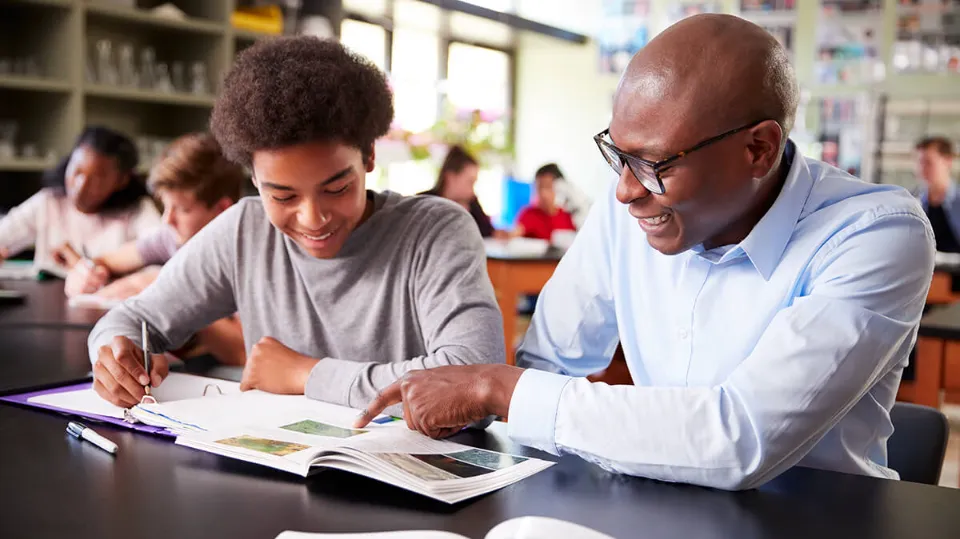
Some may take more time than others, but all students want to be told, “You have good judgment and are working hard.” Give high school students college material to read and tell them, “In first-year colleges across the nation, this tale/book/math concept is taught.”
Once the students tackle and master the material, tell them, “Well done, students; I knew you could do it.”
Empathize With Your Students
Schools and teachers have faced additional challenges over the past few years in all facets of education. For instance, students encountered changes and a long list of unknowns when learning to teach online, interacting virtually with students, and dealing with the uncertainty of living through a pandemic.
The situation served as a reminder of the value and significance of teachers showing empathy for their students. Getting to know each student on a personal level is one of the best ways to demonstrate empathy.
The student-teacher relationship can change and have a positive effect on student achievement when pupils feel that teachers relate to what they are going through.
Practice the ‘Daily Fives’
Do the same opening activity during the first five minutes of class and the same closing activity during the last five minutes so that students know, “OK, it’s time to start class, or, “Get organized for departure now.”
It could be as easy as having students gather their supplies before class begins and sit at their desks, ready to start, and then having them put everything away, sit down, and wait for the bell to ring before class ends.
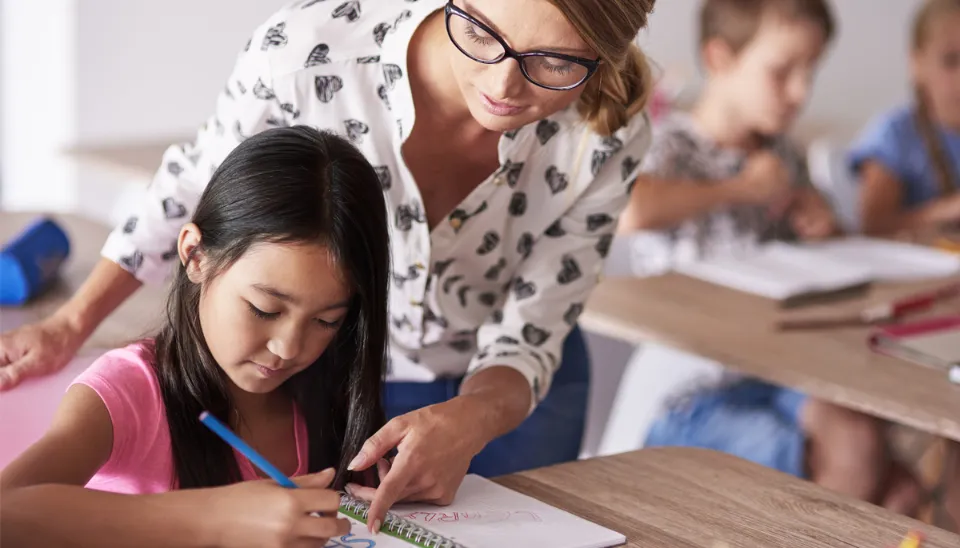
Your daily fives will become automatic for your students if you are consistent. Developing such routines will be beneficial when you need to find a replacement. Students will act as advocates in your classroom to ensure that things go according to plan because they don’t like to stray from the established norms.
Support Inclusion
Students with special education needs are included in regular classroom settings to foster an inclusive environment.
More than just your and your coworkers’ coordinated efforts are needed to create that environment; you must also educate your students about what the integration process entails in order to improve peer relationships for all kids, regardless of ability.
The students who are integrating are more motivated to engage socially, finish tasks, and contribute to the classroom, while the mainstream students learn about tolerance, acceptance, and teamwork.
Be Creative With Lessons
Making sure every student in the classroom is engaged can be difficult. By helping them learn more deeply and look forward to future learning, finding ways to keep them engaged can help students succeed.
Making lessons more engaging is one of the best ways to raise student participation. Students’ attention can be maintained by adding fun and interactive elements to lessons. Games, hands-on activities, and role-playing are all options for adding creativity to your lessons
Take a Trauma-Sensitive Approach
Nearly half of all students had suffered trauma before the COVID-19 pandemic. It’s not difficult to comprehend why some students lack the tools necessary to make the most of their class time when the trauma associated with a pandemic learning environment is taken into account.
Meeting students where they are will enable them to successfully complete their intended tasks from a trauma-sensitive, person-centered perspective.
Vary Your Instruction
Students have a better chance of learning when they use different teaching techniques. Strengths and weaknesses vary from student to student.
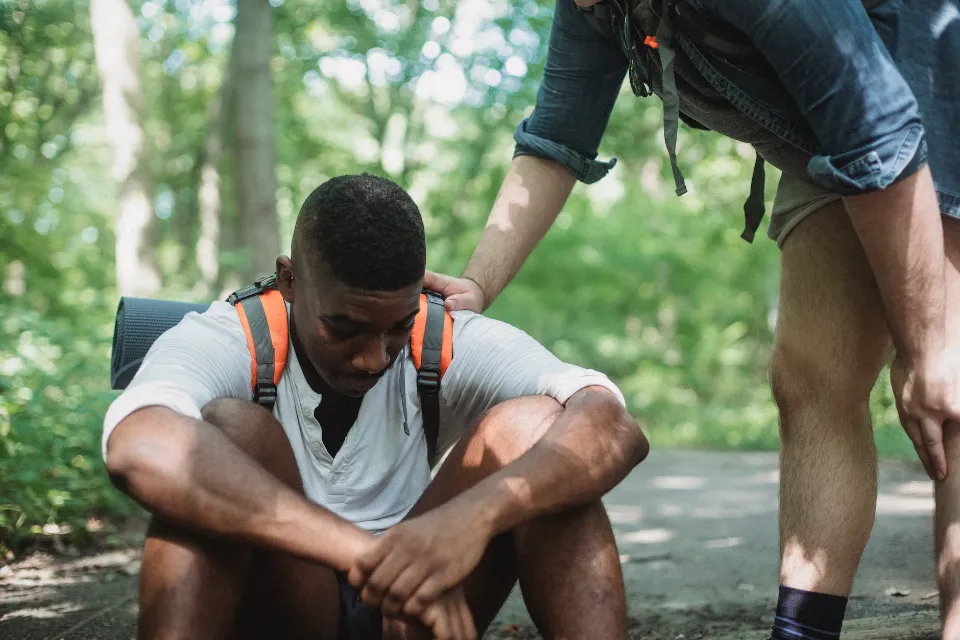
By varying your teaching methods, you can adapt your lessons to different learning styles rather than just concentrating on one approach that only works for one type of learner. Being entertained will help students perform better.
For instance, instead of lecturing for the entirety of a 90-minute class, spend 30 minutes lecturing, 30 minutes working—including as much music, videos, and kinesthetic movement as you can—and 30 minutes talking. When you mix things up and prevent students from doing the same thing every class period, they respond well.
Be Transparent and Ready to Help
All students should be able to comprehend how to be successful in your class. At the start of the academic year, distribute a syllabus outlining your grading procedures to the students.
Give students a copy of your rubric in advance if you’re asking them to complete a challenging or subjective assignment, like an essay or research paper. If students work in science labs, make sure they are aware of the exact criteria you will use to evaluate both their participation and their output.
Know That We All Have a Part to Play
It’s crucial to keep in mind that all adults contribute significantly to creating a society in which kids can develop and thrive.
You can encourage positive student outcomes and support your student’s academic success throughout the school year by promoting training that empowers staff and enhances the quality of direct instruction time, in addition to the actions mentioned above.
Final Thoughts: Help Students Be Successful
Teachers’ chances of connecting with their students and helping them succeed academically can be greatly improved with the right help from their peers and administrators.
Students’ lives can be profoundly impacted by schools and teachers. Students will see a clear path to success and feel supported along the way if you are clear with your goals and show empathy for them.


